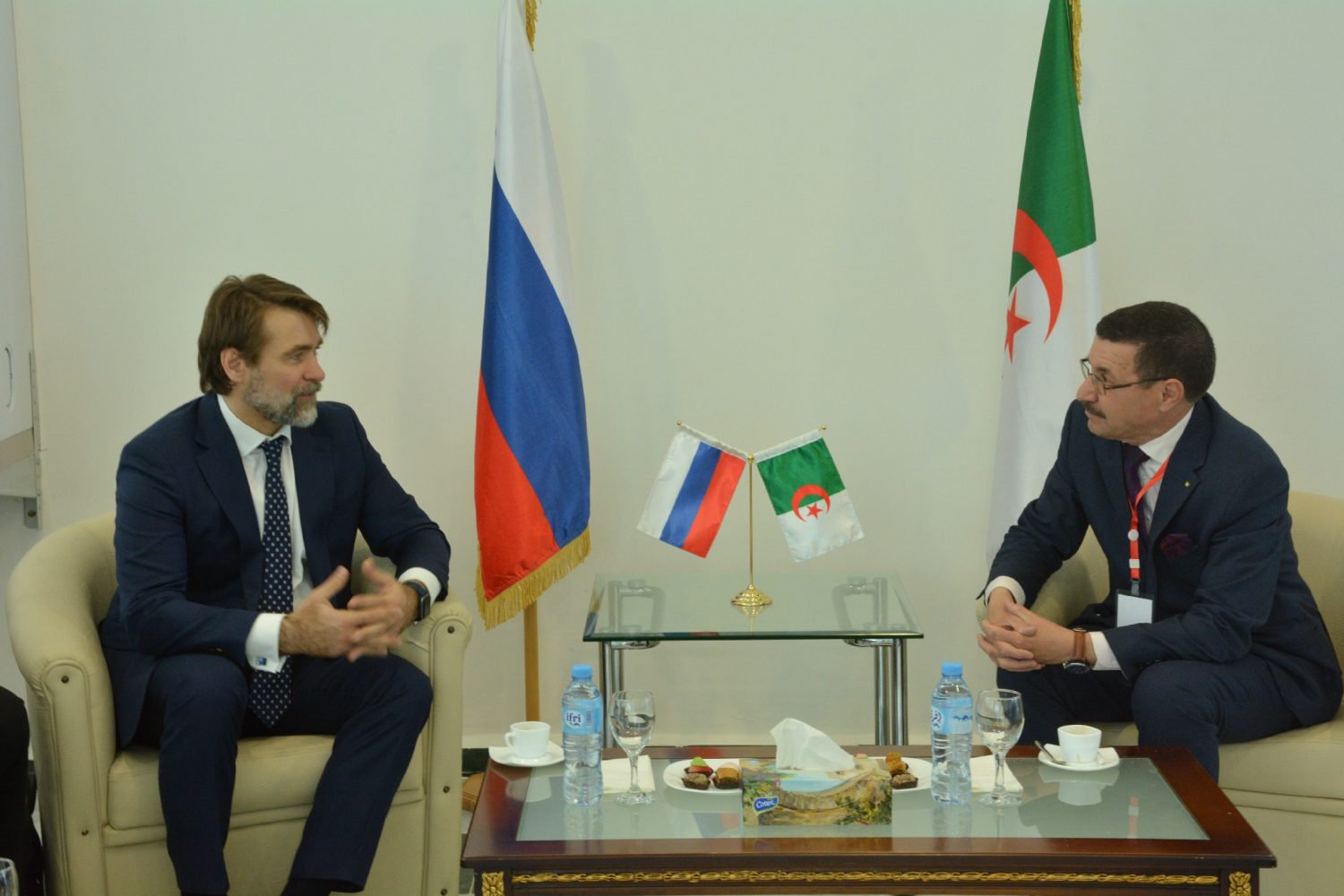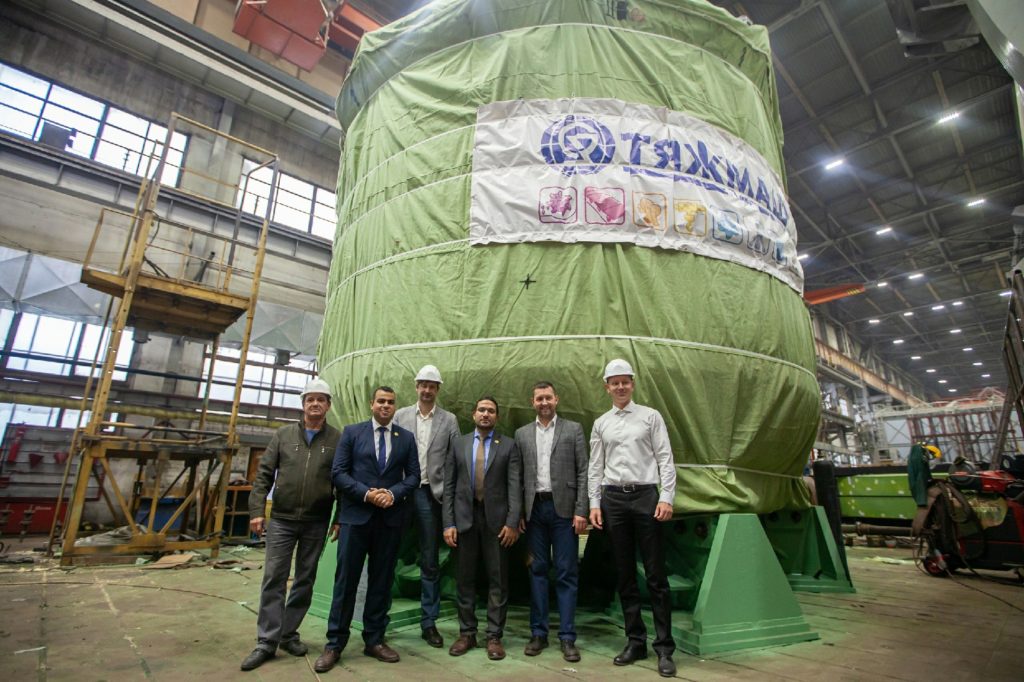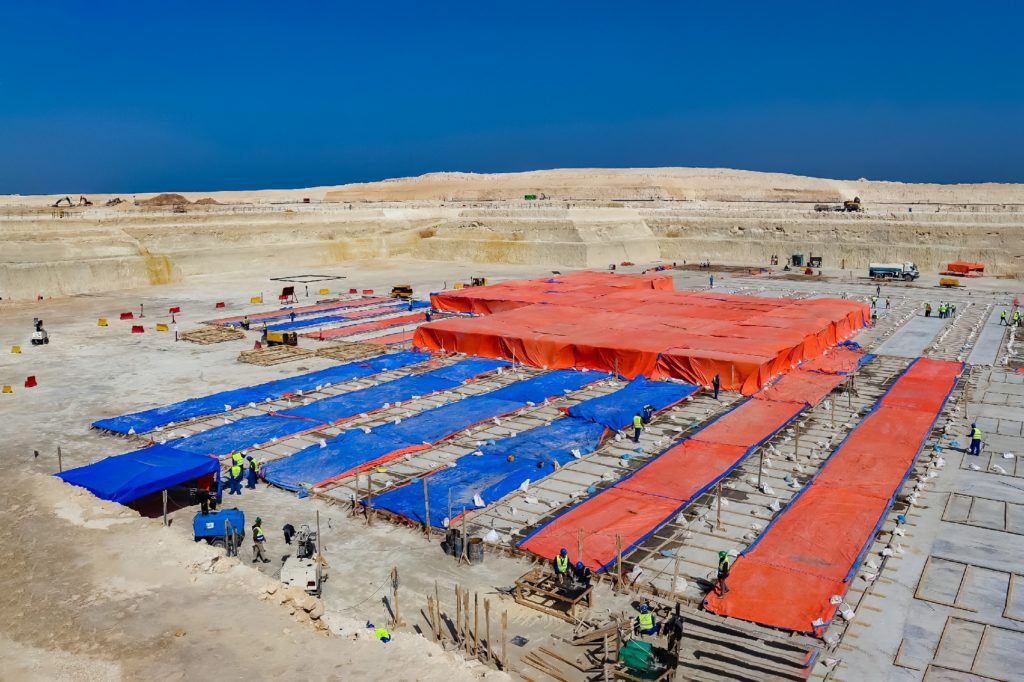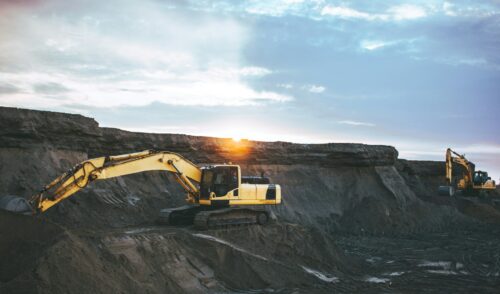
Another Milestone Passed
back to contentsLate March saw two major events: the Egyptian nuclear watchdog issued a construction license for the next unit of El Dabaa NPP and Russia delivered the first lot of large-size equipment to the construction site. Here are the details.
On March 29, 2023, the Egyptian Nuclear and Radiological Regulatory Authority (ENRRA) held a meeting in Cairo to finally issue a license for the construction of El Dabaa Unit 3. ENRRA’s official website reports that the Egyptian Nuclear Power Plants Authority (NPPA) “has met all regulatory requirements, achieved the highest standards of nuclear safety and taken every measure to prepare for the construction of the plant’s third unit”.
From March 11 to 17, the ENRRA expert commission inspected the site of El Dabaa Unit 3 to assess its readiness for construction works to begin. Following the inspection, the experts confirmed the safety of construction.
“The construction permit for Unit 3 is a result of immense efforts taken to prepare the licensing documents. This is another important step bringing us closer to the main construction phase at Unit 3. Thanks to concerted teamwork between the customer (NPPA) and the contractor (AtomStroyExport), we are passing new milestones in the construction of Egypt’s first nuclear power plant,” said Alexander Korchagin, Senior Vice-President for NPP Construction Projects at AtomStroyExport (ASE).

In late March, the first piece of large-size equipment – a core catcher for El Dabaa Unit 1 – was delivered to the construction site from Russia. The ship carrying the equipment left the Port of Saint Petersburg for Egypt in early March.
“Two years ago, we were at the plant in Syzran where the production of this technology-intensive piece of equipment started. Now the ‘catcher’ has finally arrived at the site. This is one of the most important safety components in a Generation 3+ VVER reactor, and this proves we are building the safest nuclear power plant in the world,” ASE Vice President and El Dabaa Project Director Grigory Sosnin said at the acceptance ceremony.
The core catcher is a know-how of Russian nuclear engineers. It is a six-meter-high 144-ton steel conical vessel designed to hold lava-like fuel-containing material (corium) in case of a core meltdown accident. When the reactor is in operation, the core catcher is filled with special substances that make the corium lose some of its accumulated heat.
The berth built near the El Dabaa construction site meets all safety requirements, NPPA reports. It has received approvals from the Ministry of Environment, the Maritime Safety Institute and other bodies. The Cabinet of Ministers also agreed to consider assigning the status of Egypt’s national project to the berth.
Many MENA countries have been recently active in developing national nuclear programs. Russia has a long history of successful cooperation with the regional countries in peaceful uses of nuclear energy. This March, Rosatom and the Algerian Atomic Energy Commission (COMENA) organized a joint seminar on nuclear energy solutions for key stakeholders and companies in the Algerian energy market.
“We highly appreciate the trust-based nature of the partnership built between our countries for many years. And we are honored with the interest in our technologies shown by the Algerian friends,” noted Boris Arseev, Director for International Business at Rosatom.
The seminar attendees talked about potential areas of cooperation between COMENA and Rosatom. The representatives of Algeria spoke about the country’s nuclear power program, current objectives, and expectations about the nuclear power plant project. The speakers from the Russian nuclear corporation made a series of presentations on Rosatom’s turnkey solutions for the construction of nuclear power plants and talked about 360-degree support provided at every stage of the nuclear cycle. They also spoke about the advantages of small modular reactors and the world’s only floating nuclear power plant Akademik Lomonosov, which has been operating in Russia for over two years.

Speaking at the seminar, COMENA Commissioner Abdelhamid Mellah pointed out that Russia and Algeria were long-standing strategic partners, including in the nuclear field, and added: “This workshop is a unique opportunity to benefit from Rosatom’s extensive experience in the field of nuclear technology. The outcomes of this workshop will clearly shape our country’s strategy towards achieving its objectives in energy security, healthcare and well-being of society as a whole.”
The cooperation between Russia and Algeria is governed by the Intergovernmental Agreement on Cooperation in Peaceful Uses of Nuclear Energy signed on September 3, 2014. Algeria operates two nuclear research reactors.




